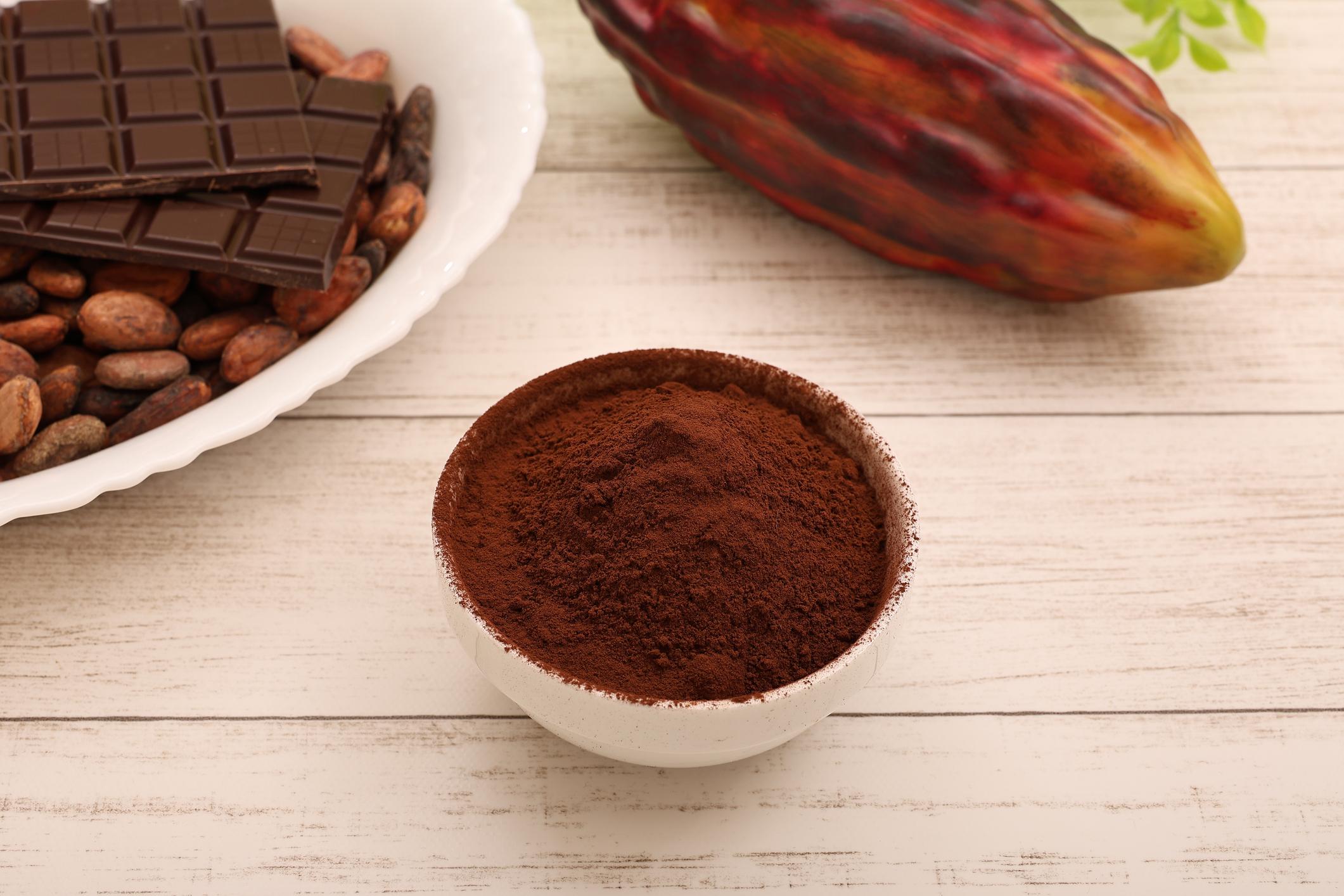The consumption of foods rich in fiber would reduce the frequency of migraines, according to a new study on the subject.

- Migraine affects 20% of women against 10% of men.
- Children can also be affected.
- A migraine attack usually lasts several hours, but it can sometimes exceed two days.
15% of the world’s population suffers from migraines, according to data from theInserm. These headaches manifest as seizures, sometimes with nausea and intolerance to noise or light. They can be triggered by different factors: the consumption of stimulants such as coffee, the presence of flashing lights, stress or hormones. But there are protective factors: according to the conclusions of a new study, adopting a diet rich in fiber would reduce the frequency of migraines. The results are published in the specialized journal Frontiers in Nutrition.
Fibre: a 26% reduction in the risk of headaches
“To our knowledge, no previous studies have examined the relationship between dietary fiber and severe headaches or migraines.“, specify the authors, researchers from the University of Jinan in Guangzhou, China.
They chose to study the association between dietary fiber intake and the prevalence of severe headaches or migraines, using data from a national health and nutrition survey collected between 1999 and 2004. After adjusting the results for other factors that may have an impact, they found that there is a significant inverse association between dietary fiber intake and severe headaches or migraines.
This means that an increase in dietary fiber intake is associated with a decrease in migraine incidence. “For every 10g/day increase in dietary fiber intake, the prevalence of severe headaches or migraines decreased by 11%.”, they detail. In the group with the highest fiber intake, the risk of migraine was reduced by 26%, compared to participants who ate the least.
How to explain the relationship between fiber consumption and migraine?
According to the authors, dietary fiber can reduce inflammation and relieve migraine by regulating the gut microbiota and its metabolites. Previous studies have shown a link between gastrointestinal disorders and migraine. “Increasing consumption of fiber-rich foods may protect against severe headache or migrainesay Chinese scientists. However, more prospective studies should be conducted to confirm their association.”
Foods rich in fiber are legumes (kidney beans, lentils, etc.), whole grains, vegetables and fruits.
Migraines: 5 tips to reduce their occurrence
In addition, the triggers of migraine can evolve over the course of life, and vary from person to person. So, Inserm recommends to those concerned to adopt regular sleep schedules, not to skip meals, to have good hydration, to warm up before a sports session or to avoid excessively violent activities. But she also points out thatMigraineurs must, however, beware of systematic or drastic avoidance behavior: such an approach risks making them little by little even more sensitive to any change, even minimal..


















